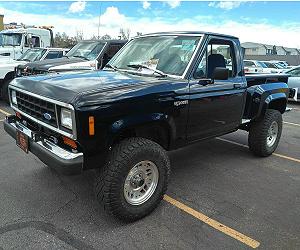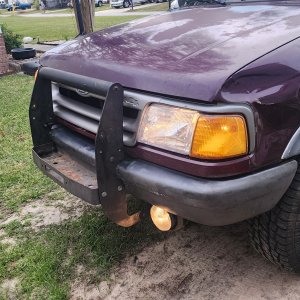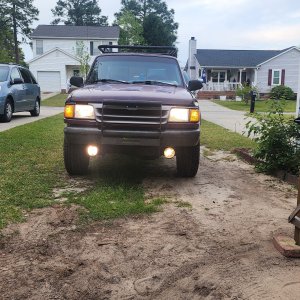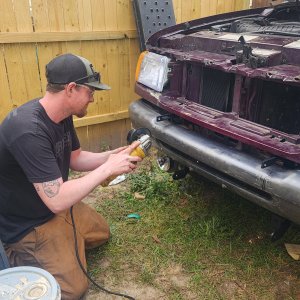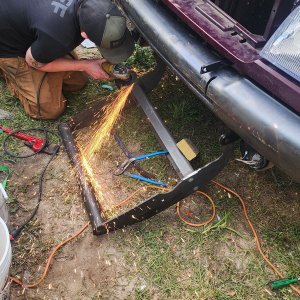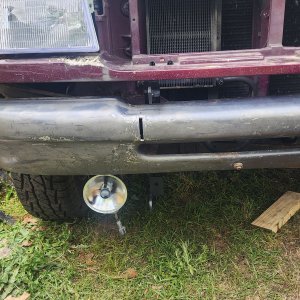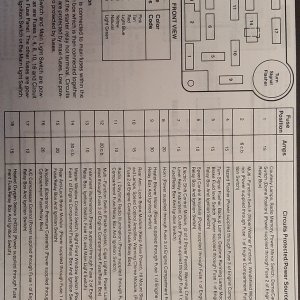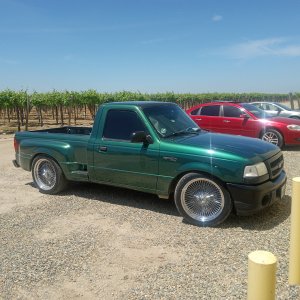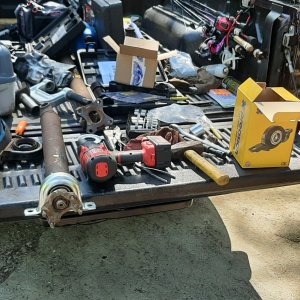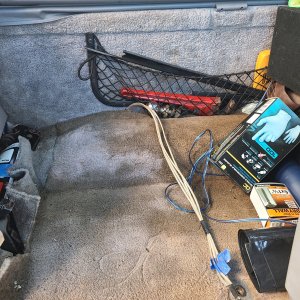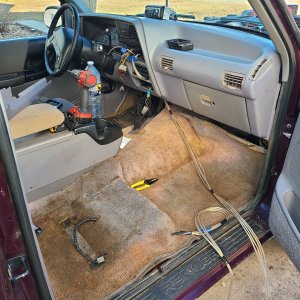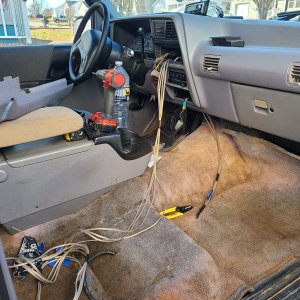vrruumm
New Member
- Joined
- Oct 15, 2007
- Messages
- 29
- Reaction score
- 0
- Points
- 0
- Age
- 43
- Location
- Auburn Washington
- Vehicle Year
- 1993
- Make / Model
- Ford
- Transmission
- Manual
This is a very common, very expensive problem. The timing chains on this engine get sloppy and rattle around.
This job can be thousands of dollars. Engine must be removed to do, and this is not a normal maint item like a timing belt.
I just had one in my shop today (2002 Ford Explorer w/110K miles[build date 3-01]) with the timing chain rattle (sounds like pinging) between 2500-3500 rpm. I thought it would be worth it to try switching to a good synthetic oil and see if that helps.
I used Amsoil 10w40 full synthetic, 8 bucks a quart, and an amsoil oil filter. I sell the stuff in my shop, and I have had this stuff stop lifter ticks and other problems before. I thought since it frees up lifters and can increase oil pressure it might stop the rattle because the chains are tensioned by oil pressure.
I changed the oil and went for a drive. It still made the noise for about 3-4 miles and suddenly, stopped rattling. I drove it back to the shop, let it cool for a few hours and went to go try it again. Normaly, engines with this problem will also rattle on start up for a second. Rattle gone at start-up. The noise is completely gone.
I'm hoping to get a few more people to try this and see if it was a fluke. I have been doing the maint on this truck for 20 thousand miles, and it has always made the noise, been getting worse too. Warm or cold, it rattled until the Amsoil oil change. I have one more customer with and explorer that is just starting to rattle with 70,000 miles, and I hope to do that one soon too.
I think that the problem with tensioners may be that they are getting sticky or stuck, and maybe the higher detergent synthetic oil freed them up? Maybe the amsoil flows to the tensioners better? Why hasn't Ford suggested something like this?
I hope this is the best place for this to be posted, If someone thinks of a better place, feel free to move it or sticky it or re-post it somewhere else.
Hope this helps someone else too,
-Ryan
Vrruumm@skynetbb.com
BTW, I'm not trying to push Amsoil, maybe another brand of oil, or weight or type will work too. Amsoil is my preference though.
This job can be thousands of dollars. Engine must be removed to do, and this is not a normal maint item like a timing belt.
I just had one in my shop today (2002 Ford Explorer w/110K miles[build date 3-01]) with the timing chain rattle (sounds like pinging) between 2500-3500 rpm. I thought it would be worth it to try switching to a good synthetic oil and see if that helps.
I used Amsoil 10w40 full synthetic, 8 bucks a quart, and an amsoil oil filter. I sell the stuff in my shop, and I have had this stuff stop lifter ticks and other problems before. I thought since it frees up lifters and can increase oil pressure it might stop the rattle because the chains are tensioned by oil pressure.
I changed the oil and went for a drive. It still made the noise for about 3-4 miles and suddenly, stopped rattling. I drove it back to the shop, let it cool for a few hours and went to go try it again. Normaly, engines with this problem will also rattle on start up for a second. Rattle gone at start-up. The noise is completely gone.
I'm hoping to get a few more people to try this and see if it was a fluke. I have been doing the maint on this truck for 20 thousand miles, and it has always made the noise, been getting worse too. Warm or cold, it rattled until the Amsoil oil change. I have one more customer with and explorer that is just starting to rattle with 70,000 miles, and I hope to do that one soon too.
I think that the problem with tensioners may be that they are getting sticky or stuck, and maybe the higher detergent synthetic oil freed them up? Maybe the amsoil flows to the tensioners better? Why hasn't Ford suggested something like this?
I hope this is the best place for this to be posted, If someone thinks of a better place, feel free to move it or sticky it or re-post it somewhere else.
Hope this helps someone else too,
-Ryan
Vrruumm@skynetbb.com
BTW, I'm not trying to push Amsoil, maybe another brand of oil, or weight or type will work too. Amsoil is my preference though.
Last edited:

